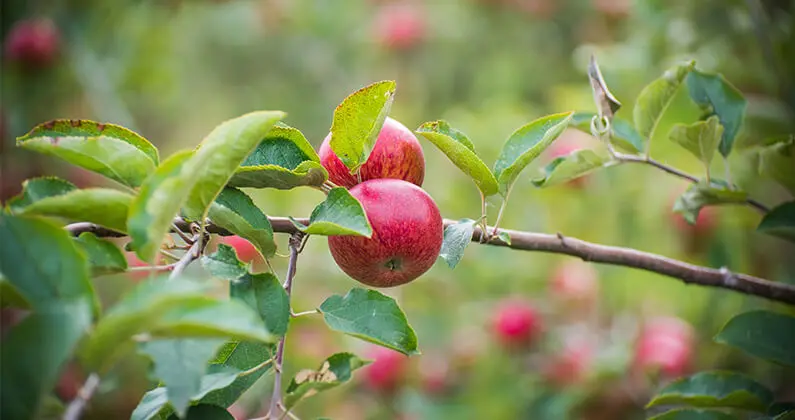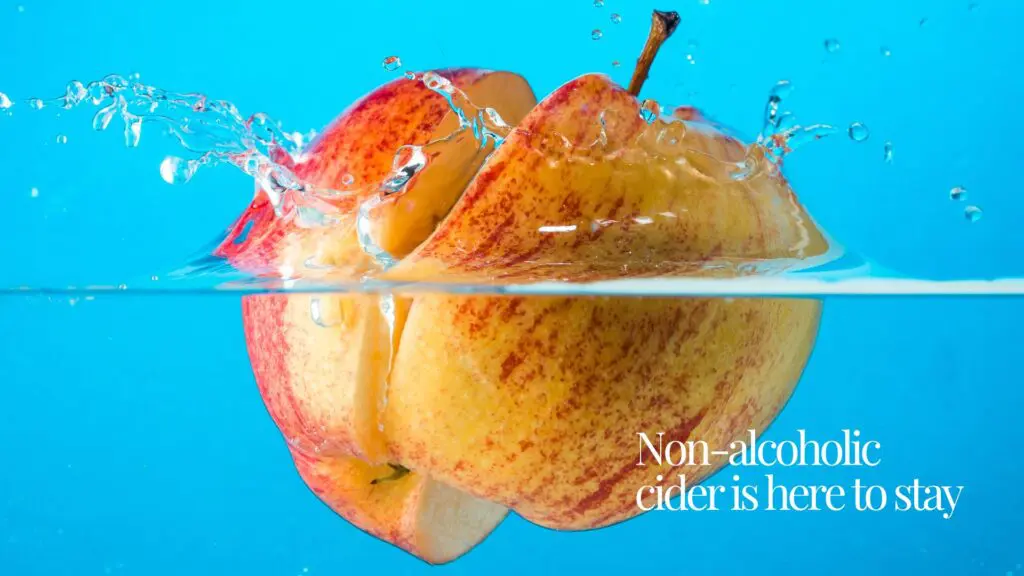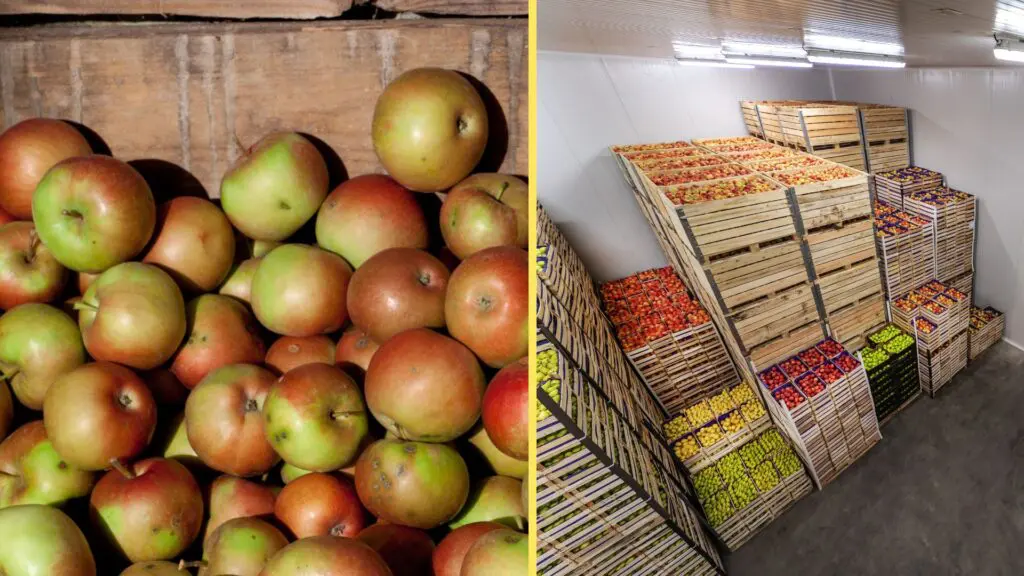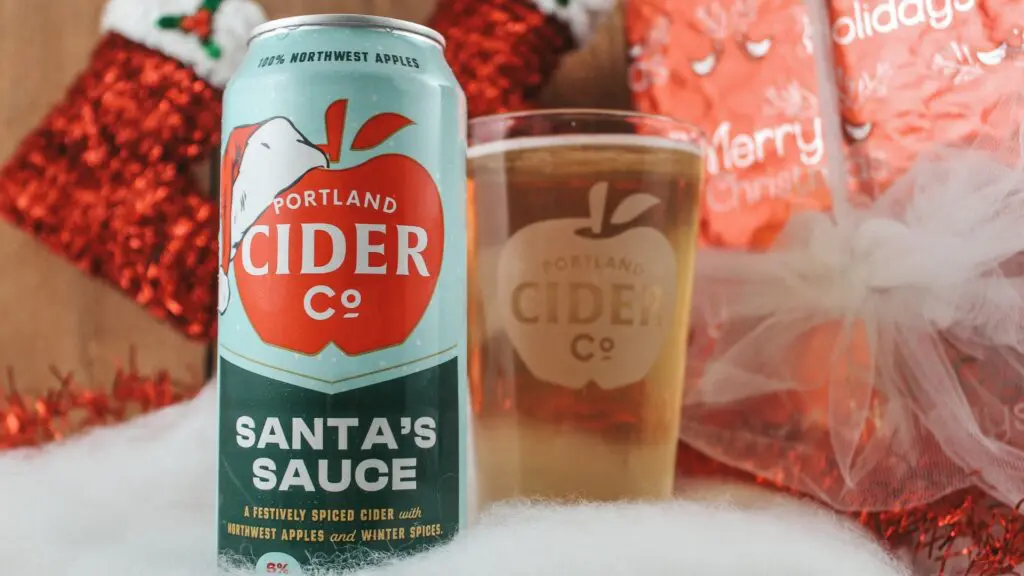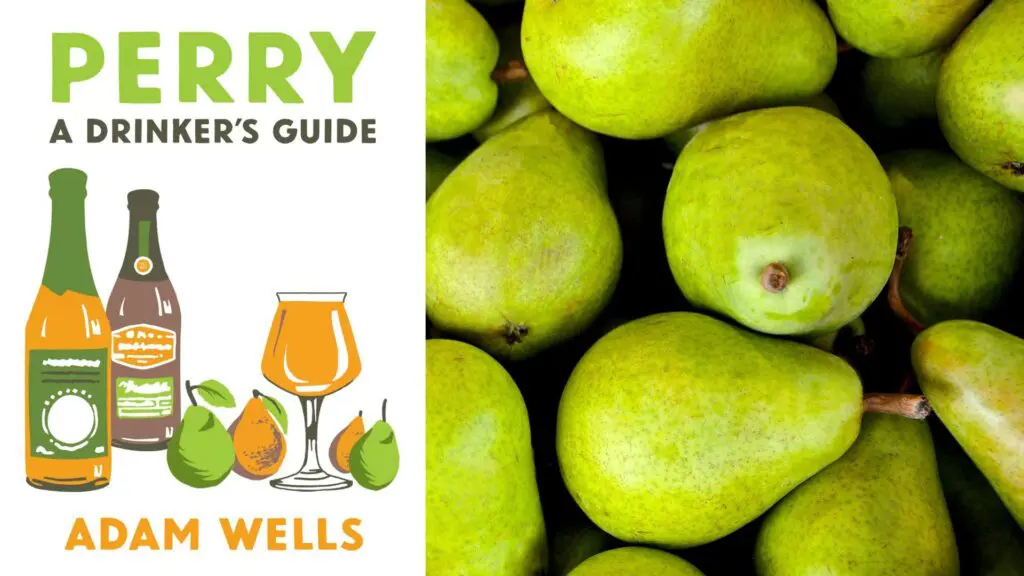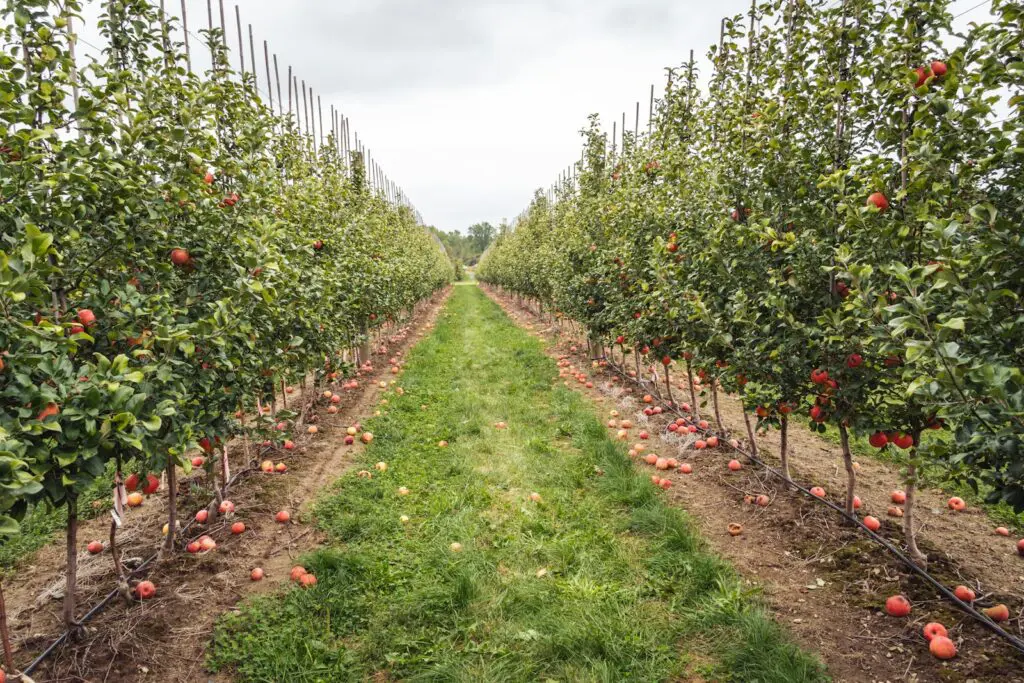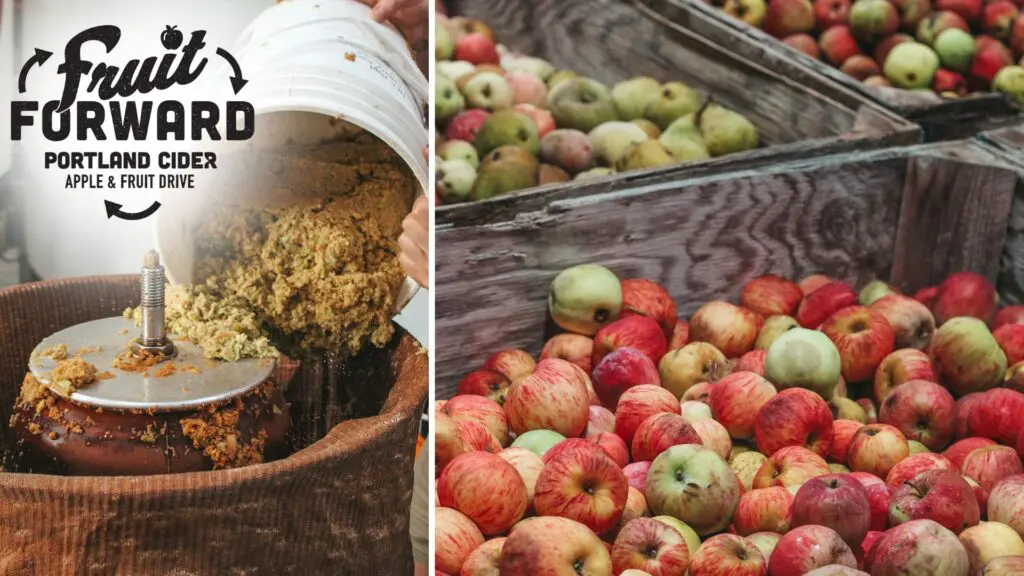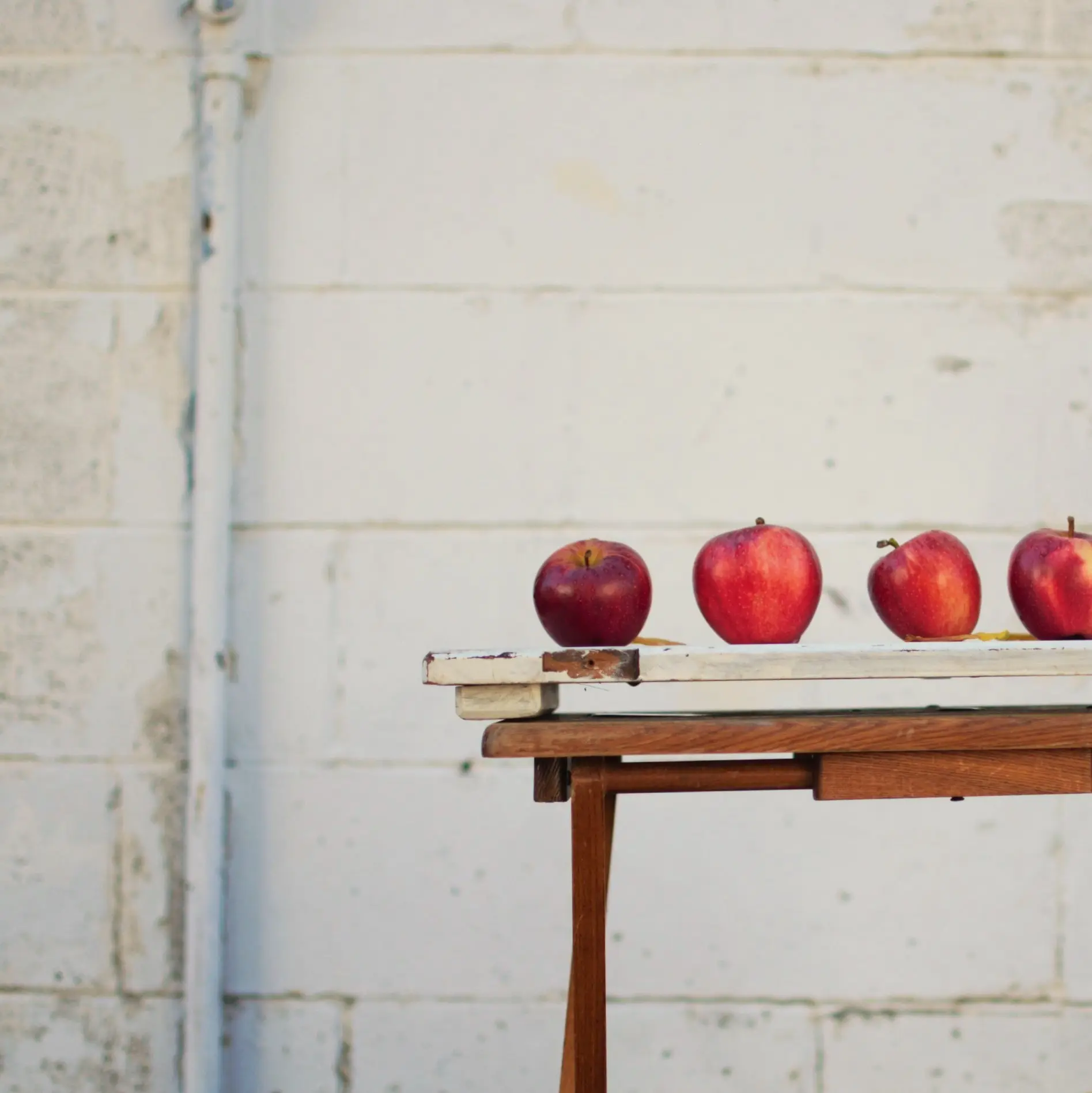Premium Cider by Way of Cider Fruit
There is a saying among some cidermakers: “all McIntosh and no Michelin.” The adage is meant as an accusation: instead of cider apples, common eating apples are used to make a dull, dimensionless cider. It is a warning and is more generally applicable than one might expect.
The saying came to mind as I read Kris Nelson’s “Open Letter to Craft Cider,” (Cidercraft Vol. 9) which appeared to promise a useful statement about craft cider. However, like cider made from eating apples, something lacked in the letter: the acidity and astringency of good sense. In fact, the American cider industry needs new, strong and focused opinions from small-to medium-sized cider producers about the best direction for cider.
But why? After all, cider sales are increasing. There is more space for cider on vendors’ shelves than ever before. New cider companies are started on a nearly monthly basis, it seems, and cider rightly holds increasing interest as an element of food culture.
And yet from my perspective as a small cider producer — Finnegan Cider in Oregon — it seems that much of the industry growth since 2010 has been among the biggest producers. We know who they are, and we know their kind of product. Their success demonstrates a few things: sweet bland ciders can sell if they are cheap and mixed with other elements (like berries, apricot, hops and pumpkin), and the small producer cannot compete with large companies’ economies of scale — or their indifference to the quality and character of the apples used in their sweet, apple-based, fruit-flavored alcoholic beverage, also known as SABFAB.
True: the small-to medium-sized, quality-minded producer cannot compete with SABFAB. But so what? This is no concern for the craft cidermaker. Smaller producers can, and should, embrace their smaller production scale as an advantage, one that links production of their premium ciders to true cider apple fruit. The relative scarcity of true cider fruit cannot yet meet the very large production needs of SABFAB producers, and cider apples are thus left to the exclusive use of smaller cidermakers focusing on quality over volume.
Consider cider apples like Kingston Black, Foxwhelp, Porter’s Perfection, Bulmer’s Norman, Chisel Jersey and Stembridge Cluster. The names are as idiosyncratic as their flavors. This is a short list of a vast flavor trove, still mainly undiscovered by American drinkers. Cider apples offer a diverse palette of cider structure — tannin, acidity and aromatics — that, like the triad of a genetic base, offers nearly infinite novelty. In making cider, why use apricot or cranberry, when you could use apples?
Focusing on true cider apples may be a tough sell to the smaller cidermaker, for it is much easier to buy inexpensive and easily obtained culinary apples than to establish a reliable supply of cider fruit. However, value can be created, and here we come back to the idea of “craft cider,” or a similar term indicating a premium product made from cider apples.
A certified “craft cider” designation, perceived as high quality, does add value. If, for example, a label indicates “craft cider made from at least 90 percent cider apples” and carries the imprimatur of an independent certifying agency, the result will be consumer education and recognition of a fine product. This proposed labeling of “craft cider” will discourage confusion of SABFAB with quality cider made with care and skill from true cider fruit. Regulation would increase the quality, prestige and price point of cider.
This can be a moment of opportunity for American craft cidermakers. The increasing interest in quality cider has stimulated growers to plant cider trees. In my corner of Oregon’s Willamette Valley, I know of several new cider orchards, for example, Idyll Acres in nearby Stayton, where 35,000 cider trees were planted beginning in 2015. This increasing supply of fruit will encourage a shift from SABFAB to quality craft cider. Cidermakers should now take the step to self-regulation. It is the first step toward growing an industry with a reputation for premium cider.
About the Writer
Joshua Johnson is the owner and cidermaker at Finnegan Cider, a small-batch, orchard-based producer in Oregon. He farms a cider apple orchard in the Willamette Valley, where he grows the most intriguing and magical cider fruit.
The views and opinions expressed in this article are those of the author’s and do not necessarily reflect those of Cidercraft magazine. This article originally ran in Vol. 11 of Cidercraft magazine. For the full story and more like it, click here.

